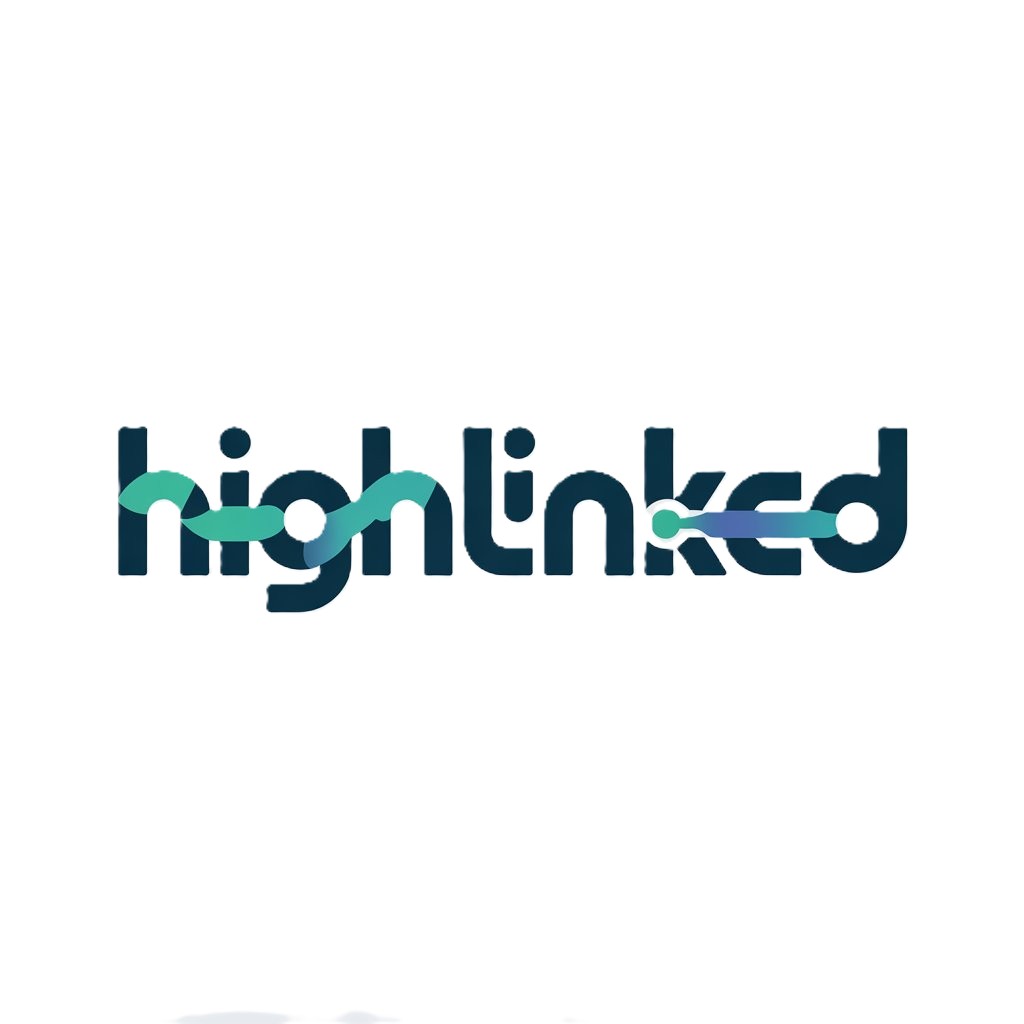I used to think PPC was just this sleek little acronym that only marketing nerds and tech bros cared about. Pay-per-click? Sounded simple enough. You pay when someone clicks. Cool.

So naturally, I figured I could wing it. How hard could it be?
Well, $800 later—with nothing to show but a handful of bot clicks and one very confused lead from Croatia—I learned something. PPC isn’t hard because it’s complicated. It’s hard because it looks easy.
How I Got Lured In (Like Every Other Overworked Business Owner)
It started with one of those “Grow Your Coaching Biz in 30 Days” webinars. You know the kind. A peppy person in a blazer clicks through a deck full of dollar signs and screenshots of Stripe dashboards. Somewhere around slide 8, they drop the golden nugget: “PPC is still the fastest way to scale your service business.”
They made it sound so doable. Launch a campaign. Pick some keywords. Sit back and watch the clients roll in.
Spoiler alert: They did not roll in.
My First Campaign Was a Dumpster Fire Wearing Lipstick
I help people pivot careers. Coaching, clarity, the occasional tough-love pep talk. I thought my ad copy was solid:
“Feeling stuck in your career? Book a free clarity call today.”
Boom. Set that sucker up on Google Ads, picked a few keywords like “career change,” “life coach,” and “job help,” and hit publish.
Two days in, I was $137 down and had one form submission from a guy asking if I did résumé critiques for clowns. Literally. A birthday clown in Ohio. No judgment, but not quite my target audience.
What No One Tells You: PPC Is Like Dating Apps for Businesses
The clicks? They come fast. But they’re not always who you’d swipe right on.
Turns out, PPC is less like buying traffic and more like speed dating with your brand in a dimly lit room. You’ve got a split second to show you’re the right fit—or you’re ghosted. Even worse, you pay to be ghosted.
That’s when I realized I had skipped the part where you actually understand what you’re doing.
I Took a Break, Licked My Wounds, and Dug Into the Basics
I treated PPC like a vending machine. I wanted quick results, so I skipped all the boring stuff—audience intent, ad structure, landing page congruence, negative keywords. I didn’t even know what a quality score was until week three.
Here’s what finally clicked:
- Not all clicks are created equal.
Just because someone clicks doesn’t mean they’re a good fit. Intent matters more than volume. - Keywords aren’t magic.
“Career help” might sound great, but it attracted broke college students, people in HR, and apparently clowns. I had to go deeper—long-tail keywords, specific to my niche and pain points. - Your landing page has one job.
Mine had three calls to action, a quote from Brené Brown, and a floating chat widget that looked like it was about to file taxes. I stripped it down to a single CTA and saw conversions double.
The Shift: From Chaos to Strategy
After licking my wounds, I rebuilt. I did a proper audience analysis (thank you, Reddit and LinkedIn). I used keyword tools to find phrases like “career change after 40” and “I hate my job what now”—yes, people search that. And I used those exact words in my ads.
But more than that, I changed how I thought about PPC.
I stopped trying to get as many clicks as possible. That was the rookie mistake. Now I aim for the right clicks. Fewer, better, warmer.
I also learned to test. I used to run one ad and pray. Now I launch three versions and see which one flops the least. Sometimes, it’s not the headline that’s off—it’s the landing page tone, or the timing, or something totally dumb like loading speed.
The Day It Finally Worked
I still remember the first legit lead that came through my new PPC campaign. Her name was Talia. Mid-40s, mid-career burnout, completely over her corporate job. She’d read my ad (“Stuck in a job that drains you? Let’s fix that.”) and said it felt like someone finally “got her.”
We hopped on a call. She signed up for my 8-week program the next day.
That $3.50 click turned into a $2,400 client.
That was the moment I knew PPC could work—but only if you respect the craft.
A Few Lessons for the Road (Learned the Hard Way)
I’ve since helped a few other folks—consultants, a med spa owner, even a real estate agent—clean up their PPC game. And no matter the niche, a few things hold true:
- Don’t try to sound smart. Sound helpful. The person clicking doesn’t care how clever your headline is. They care if you understand what they’re going through.
- Design for mobile first. If your landing page looks janky on a phone, you’re done. No second chance.
- Know your numbers. If you don’t know your break-even cost per lead, you’re just guessing.
- Negative keywords are your secret weapon. I once added “free” and “jobs” as negative keywords and instantly stopped wasting clicks.
- You’re not trying to win the internet. You’re trying to talk to one person, in one moment, about one problem they’re actually ready to solve.
Is PPC Right for You?
Honestly, maybe. Maybe not.
If you’re a coach or consultant who knows your ideal client inside out, PPC can help you find them faster. If you’re running a med spa or fitness biz and have a solid offer that converts, PPC can accelerate what’s already working.
But if your messaging is fuzzy, your landing page is confusing, or you’re still trying to sell to everyone, PPC will just amplify the chaos.
It’s not magic. It’s a megaphone. If what you’re saying isn’t clear, it won’t help.
You’re Allowed to Get It Wrong (Just Don’t Stay There)
I messed up. Wasted money. Got discouraged. Nearly gave up.
But learning PPC taught me how to communicate more clearly. How to think like my clients. How to stop assuming people would “just get it.”
That mindset shift changed my business. And honestly? My confidence.
So if you’ve been burned by PPC—or intimidated by it—don’t let that stop you. Just slow down, learn the basics, and test your way to better.
Because when it works, it feels like magic.
Only it’s not magic.
It’s just marketing—done with empathy and a little backbone.
